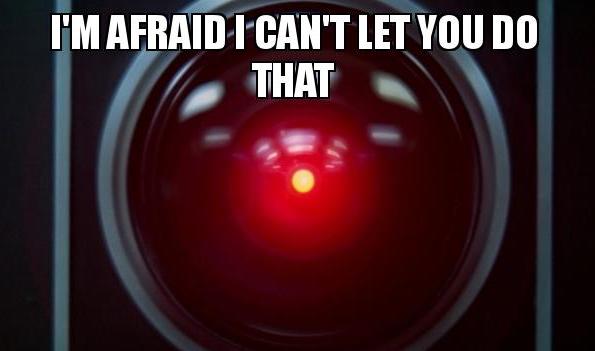Do Good Negotiators Make Better Deals?
Ed answers the question, "Does it make sense to improve your negotiating skills or is it all a big waste of time?"

The ability of a good negotiator to make a significant difference is often brought into question. Does it make sense to improve your negotiating skills or is it all a big waste of time? The issue came up when a friend asked: "Should I sell my house by myself or am I better off hiring a real estate agent?" Real estate agents receive as much as six percent commission. What my friend was asking is, are they worth it? Can a real estate agent earn her commission by negotiating a better deal than you could all by yourself? Good question.
If you ask around, many people will suggest that every deal has a "perfect outcome" that will be reached no matter what the negotiators do. A house that is worth $300,000 will sell for around $300,000, give or take a minor variation. A job that is worth $100,000 per annum will pay around $100,000. Not much any negotiator can do to influence the outcome. Can this be true? Here is my answer.
In my seminars, participants are divided into pairs for negotiation role-plays. If the group consists of 50 people, we have 25 negotiations going on simultaneously and they all have the exact same situation, the same assumptions, the same amount of time to make a deal. Over the last twenty years, I have conducted literally hundreds of these seminars with thousands of participants from every conceivable industry and region. Without a single exception, the results of the role-plays always show as much as a 100 percent variation in outcomes
. In other words, if the participants are negotiating for the price of a house in which the seller is asking $300,000, the outcomes will range from approximately $175,000 to $350,000. Considering that they are all negotiating for the same thing, how can this be? Without question, it is the negotiating ability of the various participants that accounts for the difference.
You may ask, does this apply to the real world? One of my clients, a software company, was curious if the money they spent on my fee was worth it. They decided on a little experiment. They tracked the average selling price of their products before and after I trained their sales force. This is what my client found out: Before I showed up, the salespeople were caving in to customer demands right and left. Profits were hurting. In the year after I taught them the correct way to negotiate a sale, the company's average sale went up by an extraordinary 59 percent
!
The way you negotiate really does matter. A good negotiator can be responsible for as much as a 100 percent difference
in the outcome of a deal. This is clearly the most eye-opening nugget of wisdom I have acquired in twenty years of teaching people how to negotiate. The consistent evidence suggests that a perfect outcome is nonexistent. Every deal must rise or fall based upon the behavior of the parties. These factors will influence the outcome of your negotiation: your ability to read the other side's situation; how you manage the other side's expectations; where you open and how you make concessions; the point at which you decide to agree.
Every negotiation is unique. Any given pair of negotiators will arrive at a one-of-a-kind agreement. The elements may differ: personalities, time pressure, exigencies of the situation, etc. The one element that you have the most control over, and which can have the greatest impact on the outcome, is your negotiating ability.
Ed Brodow is a keynote speaker and author of Negotiation Boot Camp: How to Resolve Conflict, Satisfy Customers, and Make Better Deals.
For more information on his presentations, call 831-372-7270
or e-mail ed@brodow.com.
Copyright © 2018 Ed Brodow. All rights reserved.










